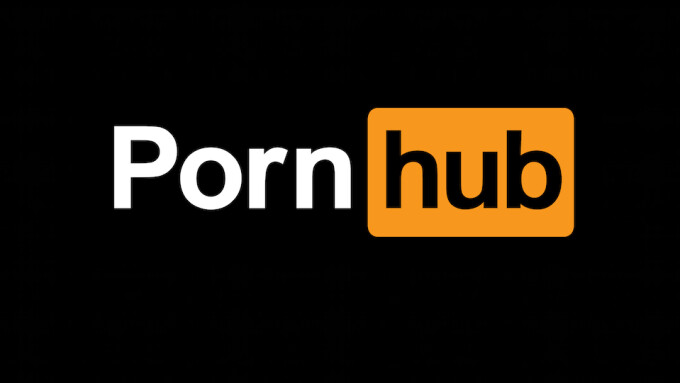BIRMINGHAM, Ala. — MindGeek lawyers presented this week their first on-record Section 230 arguments in the current onslaught of liability lawsuits over third-party content uploaded onto Pornhub, part of the War on Porn-driven campaign that kicked off with Nicholas Kristof’s New York Times article in early December 2020.
Two anonymous women filed a class action suit against MindGeek in Alabama in February, “claiming that videos and images depicting their past sexual abuse were sold or distributed on websites owned and operated by MindGeek,” reported legal news site Law360.
The company urged the Alabama federal judge "to dismiss the proposed class action raised by two female survivors of childhood sex trafficking, arguing that Section 230 of the Communications Decency Act protects the company from their suit since third parties made and posted the sexually explicit videos depicting the women, not Pornhub,” the report continued.
As neutral observers have expected since Exodus Cry, NCOSE and other religiously-inspired anti-porn groups began their ongoing campaign to twist existing legislation and precedent in order to make platforms liable for the actions of uploaders — something that, by design, Section 230 was explicitly written to prevent — MindGeek’s lawyers argued that “internet service companies (like the defendants) cannot be held liable as the publishers of user-generated content (like the videos of plaintiffs third parties made and uploaded). Thus, because plaintiffs seek to hold defendants liable for content posted to their websites, their claims are proscribed by Section 230.”
"The complaint does not connect any website features to the specific harm plaintiffs allegedly suffered," the MindGeek lawyers continued. "Moreover, courts have consistently found that the sorts of content management tools plaintiffs point to do not vitiate Section 230 immunity."
Labeling and Monetization
The company also argued that merely “labeling content to make it easier to find” does not invalidate Section 230 immunity, as the platforms are not the creators of the content.
As for the claim that Pornhub “monetized” illegal videos that might have slipped through their moderation systems — a claim that was at the core of Nicholas Kristof’s December 4 article and that originated in anti-porn propaganda by NCOSE and Exodus Cry — the MindGeek lawyers point out that “an allegation that defendants monetized their websites in general does not imply that those advertising revenues were received 'because of' trafficking by third parties. Nor do plaintiffs allege that defendants received any benefit whatsoever from their specific videos."
Law360 also reported that “Reddit asserted a similar Section 230 defense three weeks ago, telling a California federal judge that the statute protects it from a proposed class action accusing the website of actively profiting from child pornography.”
The case is Doe No. 1 et al. v. MG Freesites LTD et al., case number 7:21-cv-00220, in the U.S. District Court for the Northern District of Alabama.








